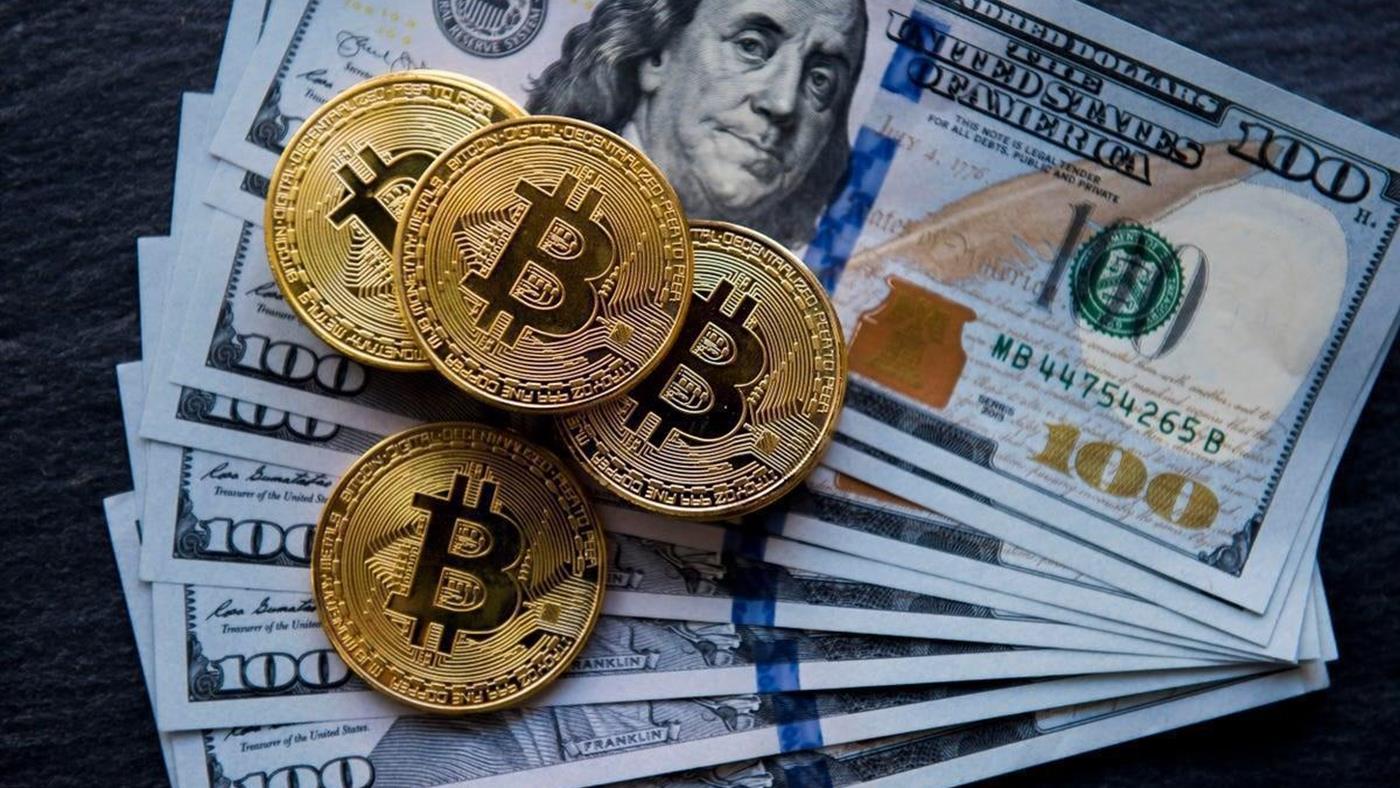In the Early 2010s, Discussions About Bitcoin Were Progressing on a Very Different Axis
American entrepreneur, founder of Netscape Marc AndreessenWriting in 2013, he wrote: “A mysterious new technology has appeared out of nowhere, but is actually the result of twenty years of intense work by researchers you’ve never heard of. Political idealists ascribe to this technology dreams of liberation and revolution, while the establishment elite despise it.” On the other hand, technology enthusiasts look at it with fascination because they see tremendous potential in it (…) A libertarian fairy tale. far from being a simple Silicon Valley scam. Bitcoin is a tremendous opportunity to reimagine how the financial system can and should work in the internet age.…”
Again the same year Nobel Prize-winning economist Paul Krugmanwrote an article for The New York Times explaining why Bitcoin is not a good alternative as a currency. Regardless of which side of this debate you are on, it was the focus of conversations around Bitcoin in 2013. Because this exciting invention of Satoshi Nakamoto was a candidate to be the currency of the future. So what happened over the past 12 years that Bitcoin has almost completely moved away from its potential and turned into a kind of digital gold used for investment purposes?
“Money must be both a medium of exchange and a reasonably stable store of value.”
Saifedean Ammous, author of The Bitcoin Standard Although economists like Paul Krugman disputed this issue, Krugman was not the only economist to argue that Bitcoin was unconvincing as a store of value. Therefore, it can be said that in the past 12 years, those on this side of the debate have prevailed, and Bitcoin has never been able to realize its potential as a currency because it could not convince people.
Claim: Bitcoin Was Blocked Because It Threatens the Hegemony of the Petro-Dollar
A second possibility is that Bitcoin’s promise of a decentralized monetary system was deemed objectionable by major states and was deliberately and systematically suppressed. It has been talked about for years that the USA, which especially wants to protect the hegemony of the petro-dollar in the world, sees Bitcoin as a great threat and is doing its best to prevent it. In fact, several remarkable books have been written on this subject. one of them Roger Ver‘s new book published last year Hijacking Bitcoin‘Of.
Roger Ver, one of the first names to invest in this cryptocurrency and known as the CEO of bitcoin.com, The CIA contacted leading Bitcoin investors before many people had even heard of Bitcoin. He states that he is trying to learn how this new technology works. According to Ver, intelligence agencies, which had this new technology on their radar from the moment it was released, started the intervention process in 2011, when Bitcoin began to receive wide coverage in the world press. Ver says that things started to change rapidly in the forums that were at the center of Bitcoin-related posts in those years. Stating that the information flow has become unreliable due to bot accounts that suddenly appeared, Ver draws attention to the rapid change of administrators in these forums in the same period and claims that after the administrators changed, all opinions advocating that Bitcoin could be used as a currency were censored. According to Ver, intelligence agencies, which took control of the information flow about Bitcoin at that time, have been directing the course of this technology since then.
The Network Effect Blocking Bitcoin Cash and Its Similars
“Technically, I could copy Wikipedia and open a site called Lynpedia and put all that data there (all the data from Wikipedia fits on a USB stick). But even if I did that, would I be a serious competitor to Wikipedia? Of course not. Even if I copied all the text, I wouldn’t be able to replicate the hundreds of millions of links pointing to Wikipedia on countless websites, the top search rankings that Wikipedia has, the massive server capacity, or the community of people who constantly update Wikipedia. “Anyone can copy Bitcoin’s blockchain and create their own fork. The question is whether they can convince miners, node operators, and the majority of users to see this fork as the ‘real’ bitcoin.”
Because Bitcoin now has a network effect that is beyond their reach, even altcoins that use the same technology, such as Bitcoin Cash and Bitcoin Satoshi Vision, cannot create the value to threaten it. So not only has Bitcoin moved away from its mission to be the currency of the future, it has also has become an obstacle to similar initiatives created for this purpose.. This being the case, it does not seem likely that Bitcoin will go beyond its current role as a digital investment tool.
Source
https://archive.nytimes.com/dealbook.nytimes.com/2014/01/21/why-bitcoin-matters/?_php=true&_type=blogs&smid=tw-share&_r=0
https://www.forbes.com/sites/digital-assets/2023/08/29/bitcoins-evolution-into-a-legitimate-form-of-money/
https://www.youtube.com/watch?v=dbLHXOipQN4
https://www.lynalden.com/bitcoins-network-effect/
This news our mobile application Download using
You can read it whenever you want (even offline):
Source link: https://www.donanimhaber.com/2009-dan-2025-e-bitcoin-gelecegin-para-biriminden-dijital-altina–186201


